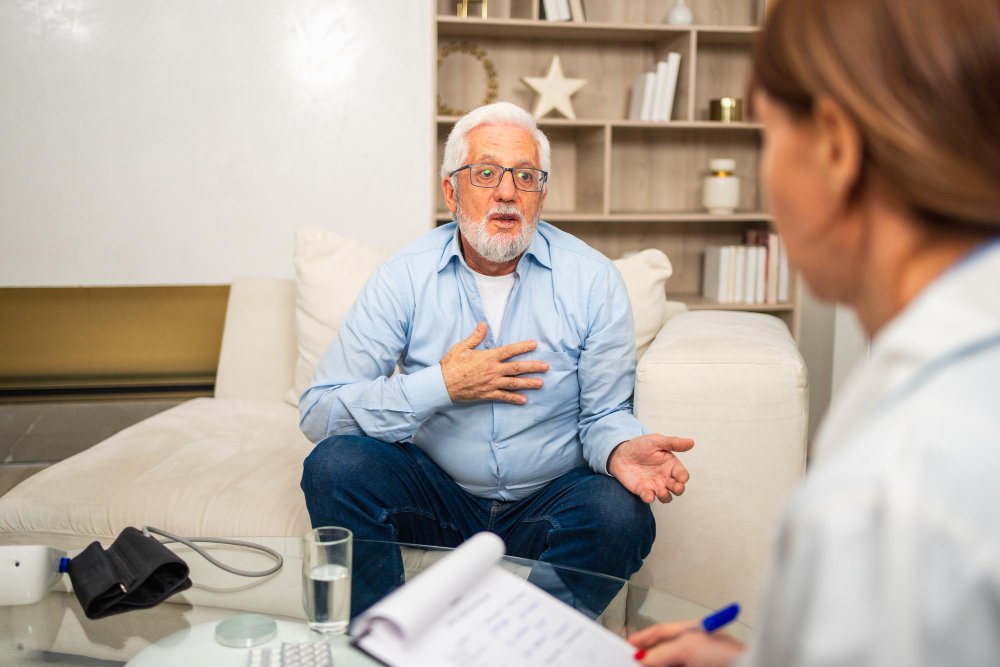Cardio Pulmonary Physiotherapy is designed for people with heart and lung conditions such as asthma, COPD, or post-heart surgery recovery. This therapy improves breathing efficiency, endurance, and cardiovascular fitness.


We use breathing exercises, aerobic training, and chest physiotherapy techniques to improve heart and lung function. Every session is tailored to your current fitness and medical condition.

We visit your home to understand your condition, medical history, and goals. This helps us create a plan that’s 100% tailored to you.
Our experts design a therapy plan with targeted exercises, stretches, and techniques for your specific needs.
We provide hands-on, one-on-one physiotherapy sessions to ensure correct posture, safe movements, and effective recovery.
We monitor your improvement and adjust the plan regularly to speed up recovery and achieve the best results.

Cardio respiratory physiotherapy is a specialized area of physiotherapy that focuses on the assessment and treatment of conditions affecting the heart and lungs. It aims to improve cardiovascular and respiratory health, enhance physical function, and optimize the quality of life for individuals with related conditions
This involves evaluating a patient's heart and lung function and developing tailored treatment plans.
Physiotherapists use techniques like percussion, vibration, and assisted coughing to help clear mucus from the airways.
Specific exercises are taught to improve lung capacity, reduce shortness of breath, and optimize breathing patterns.
Cardiorespiratory physiotherapy includes exercise programs designed to improve fitness, endurance, and overall physical function.
This involves a comprehensive approach to managing chronic respiratory conditions, including education, exercise, and lifestyle changes.
Cardiorespiratory physiotherapy plays a vital role in the long-term management of conditions like COPD, asthma, and cystic fibrosis
Physiotherapists help patients recover from heart and lung surgeries, preventing complications and promoting healing.
This includes treating acute chest infections, asthma attacks, and other sudden respiratory issues
Cardiorespiratory physiotherapists may utilize equipment like ventilators, oxygen therapy, and airway clearance devices
Patients are educated on their conditions and how to manage their symptoms effectively, empowering them to take control of their health
Improved breathing techniques and exercise capacity lead to a decrease in breathlessness during daily activities.
Strength training and aerobic exercise help individuals exercise for longer periods without becoming fatigued.
By managing symptoms and improving physical function , physiotherapy significantly enhances a person's overall well- being and ability to participate in social and recreational activities.
Pulmonary rehabilitation can help individuals better manage their lung conditions,potentially reducing the need for hospital visits.
Education and guidance from physiotherapists empower individuals to take control of their health and make informed decisions about their care.

Expert care, personalized treatments, and recovery at your doorstep!
© 2025 SRM Home Physiotherapy. Website Design By Exibify